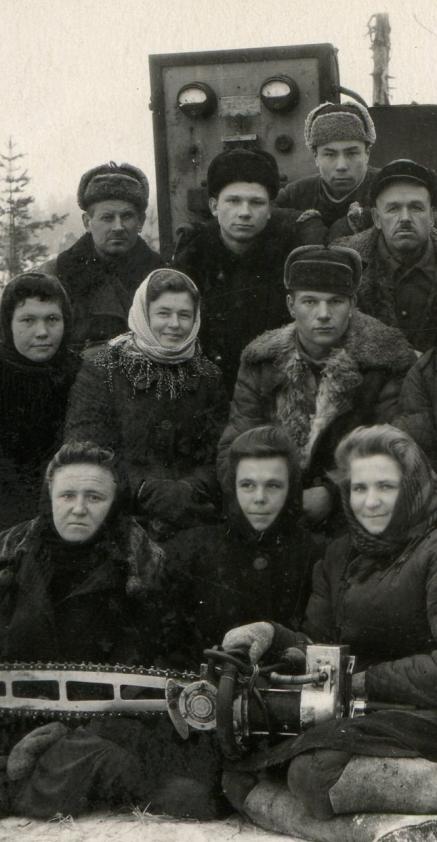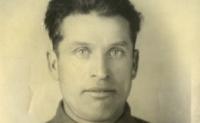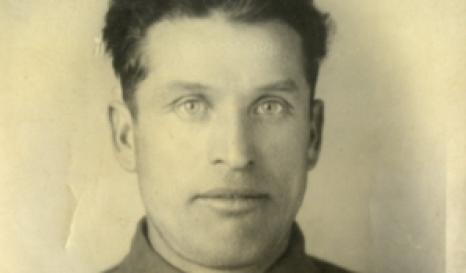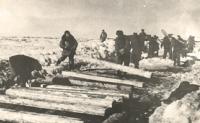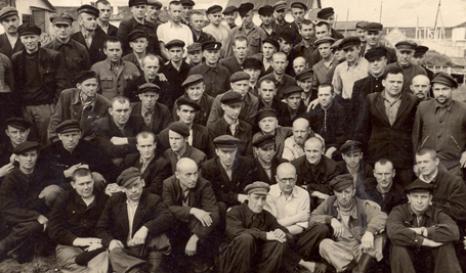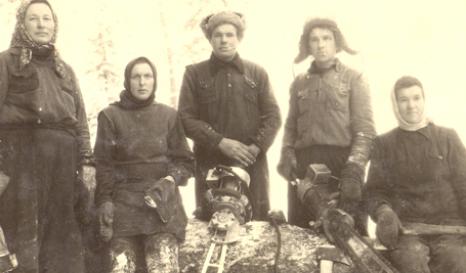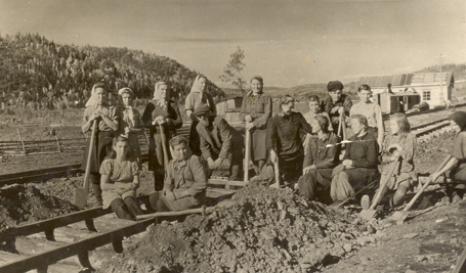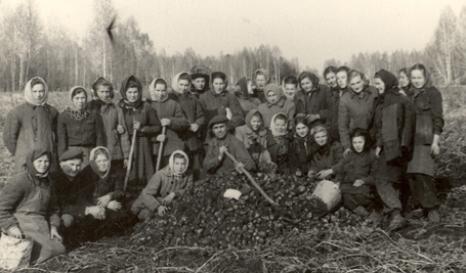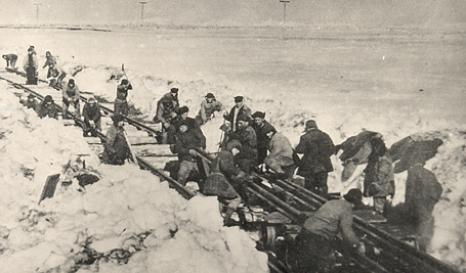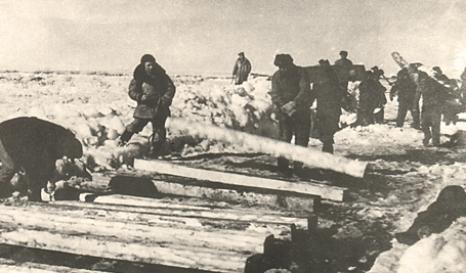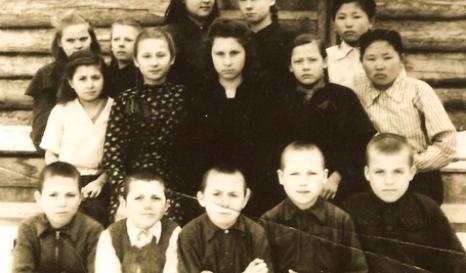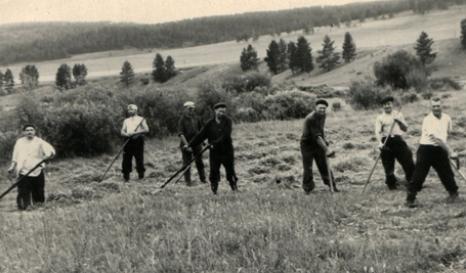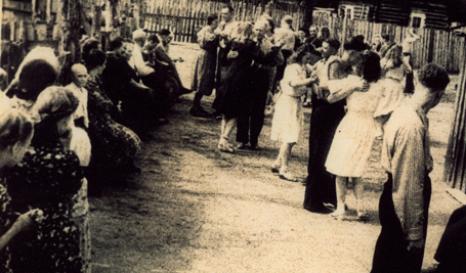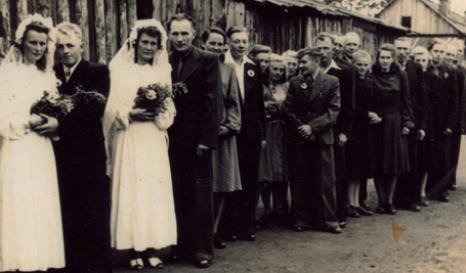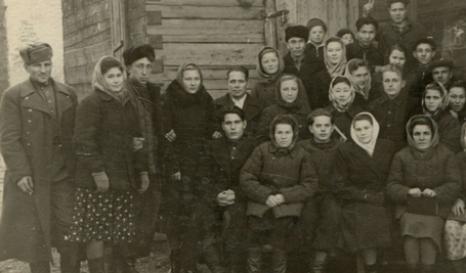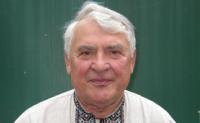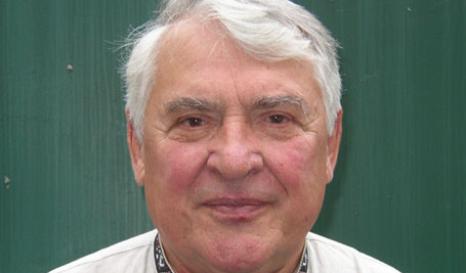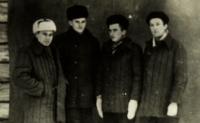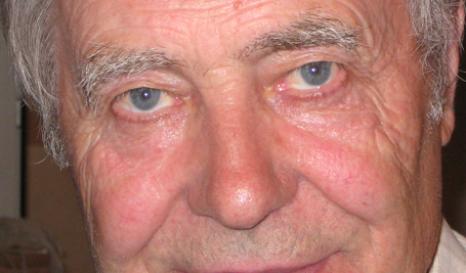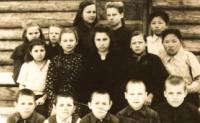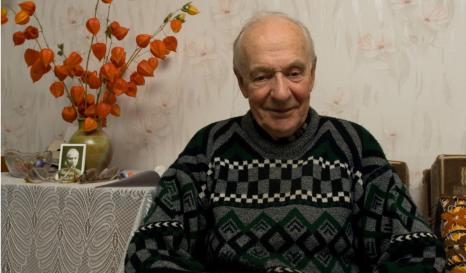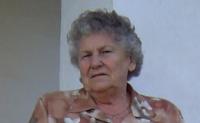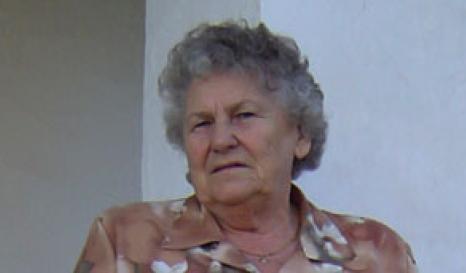ToPics
The OTHERS
For most witnesses, resettlement, life in the distant camps and special settlements in Siberia and Central Asia were their first experience of living with people of different national and social origins, speaking other languages, having different beliefs and customs, and having in some cases fought on opposite sides.
The railway wagons, camp huts and work brigades continually mixing prisoners, the queues for rations, appels, rare periods of rest or leisure activities, school for the children, all these were occasions when forced contacts and cooperation turned to camaraderie or friendship or degenerated into fierce conflict. These confrontations always caused surprise and challenged prejudices, turning them into love or hatred towards entire national groups.
Lithuanians, Latvians, Poles, Estonians, Ukrainians, Hungarians, Romanians, Germans, Czechs and Finns shared the same misfortunes but reacted using their different cultural and religious resources. All of them discovered the contradictions of the Soviet social world, which was the most fearful alien element of all: political police, guards, the Russian common criminals who ruled the camps, komandants of special settlements, plus fellow prisoners, often helpful, and the poverty-stricken peasants of the kolkhoz, the workmates of the special resettlers.
Exposure to this variety of origins, life stories and relationships appears in the testimonies as the most complex and lasting trace of the experience of resettlement.


